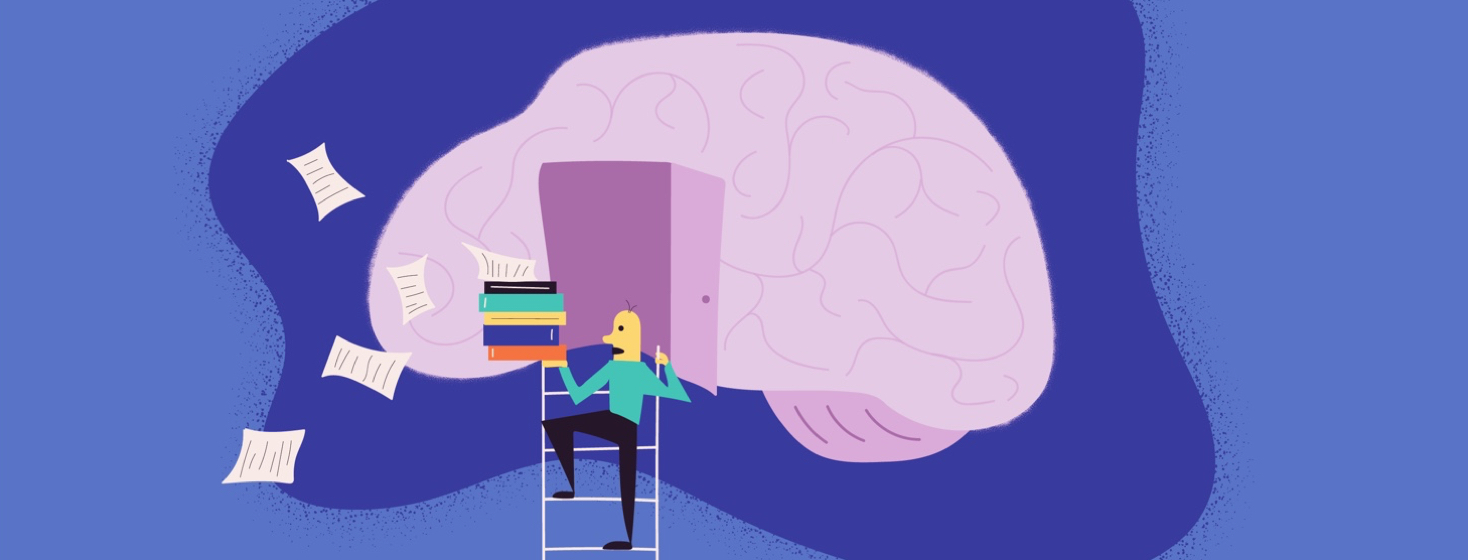Behind the Scenes of Narcolepsy: The Struggle to Remember
“Seriously, you forgot?”
This is a phrase I have become accustomed to hearing often in the last few years. The most common tones in which these words are uttered usually contain a hint of disbelief or, at times, downright suspicion.
Life on its own involves so many challenges and struggles. Life with narcolepsy interjects an additional series of layered complications beneath our already taxing existence.
Narcolepsy is not a straightforward sleep disorder
This is the hardest part of living with something that most people cannot comprehend. There is one thing that people must begin to recognize, regardless of whether they are able to understand or not.
Narcolepsy is more than a straightforward sleep disorder. It is much more than cataplexy attacks and so much more than we are able to define by providing a hollow explanation that only scratches the surface.
Sleep deprivation has many impacts on the body
As early as 1900, the scientist Michael O’Shea wrote, “If a man is denied sleep so that the drain upon nerve cells continues beyond a certain point, he will, of course, be thrown into a condition of fatigue, when intellect and emotions must suffer.”1
Sleep deprivation is probably the most obvious grievance that is associated with narcolepsy and most sleep disorders. The implications that sleep deprivation has on the human body are innumerable. This is a fact that is widely known and (almost) entirely undisputed.
So the thing that confuses me in all of this is the unabating demonstration of skepticism people display whenever I attribute certain attitudes or traits to the narcolepsy condition.
Lost childhood memories
If you ask me what my childhood was like, I will tell you what I have been told, but I can tell you nothing that has stemmed from my own personal memories. This is because I have none. The few memories I have, I still question whether they are truly real or a mere fabrication that my brain has concocted to placate inner turmoil.
I'm glad I kept a diary
The one thing I can be grateful for is the fact that I have always kept a diary. I began writing a diary at the age of 11 and was religiously faithful in this endeavor up until the age of 25.
Featured Forum
View all responsesHowever, no matter how many times I read back on them from time to time, it never fails to amaze me that my memory still manages to fail me. Something that I read only last year will disappear from my mind entirely, and it will be almost as though I am reading entirely new information.
Impact on everyday life
As people who do not function in the “standard” way, the implications on our everyday lives can (and most likely will) seep into our relationships with our friends, family, partners, our careers, and most importantly, our own mental health.
Forgetting work meetings, promises made to friends or family members, important tasks and dates...the list is endless. These are certainties that most of us probably already know are likely to happen and will be impossible to avoid. That’s a fact.
Lack of empathy and understanding from others
What deeply saddens me and genuinely disheartens me most days is the incessant obligation to attend to people’s negative reactions and subsequently having to offer justification for whatever oversight or blunder people accuse me of committing. In all of this, it still doesn’t seem to matter.
Most people in my life appear to either question whether I exaggerate my symptoms or seem to suspect that it could simply be more of a convenience. I feel that people have a hard time accepting its complexity because they cannot possibly imagine how it is possible for us to even function.
I wait and hold onto hope
The only thing I can do now is wait and hope. Wait for the day when narcolepsy will be regarded with the same treatment and respect that is shown to conditions like schizophrenia and bipolarity.
And hope...hope that one day justification will no longer be necessary when having to explain narcolepsy symptoms.

Join the conversation